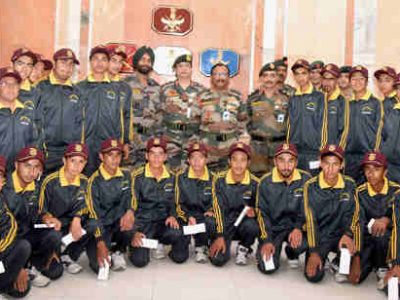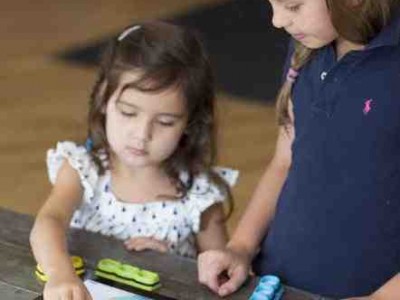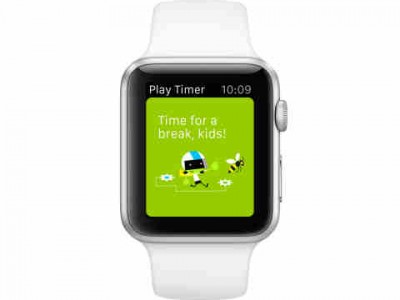
ITU Issues New Guidelines on Child Online Protection

One third of Internet users are children – they need to be empowered to use the Internet safely and smartly. Photo: UN Viet Nam / Aidan Dockery
The International Telecommunication Union (ITU) has issued its new 2020 Guidelines on Child Online Protection (COP). It is a set of recommendations for children, parents and educators, industry and policymakers on how to contribute to the development of a safe online environment for children and young people.
The Internet and related digital technologies have opened new ways for children to communicate, learn and play, enjoy music, and engage in a vast array of cultural, educational and skill-enhancing activities. Yet, they have also exposed them to a range of content, contact, and harmful conduct online.
“The question of how to ensure children’s online safety in the age of Covid-19 is now more pressing than ever before,” said ITU Secretary-General Houlin Zhao. “ITU’s new Guidelines on Child Online Protection are a very timely tool to safeguard the well-being, integrity, and safety of our children.”
The new guidelines were re-designed from the ground up to reflect the significant shifts in the digital landscape in which children find themselves, such as the Internet of Things, connected toys, online gaming, robotics, machine learning, and artificial intelligence.
In addition, this new edition addresses an important lacuna: the situation faced by children with disabilities, for whom the online world offers a particularly crucial lifeline to full and fulfilling social participation. Consideration of the special needs of migrant children and other vulnerable groups has also been included.
The 2020 Guidelines consist of four parts tailored to key audiences: children, parents and educators, industry, and policymakers.


